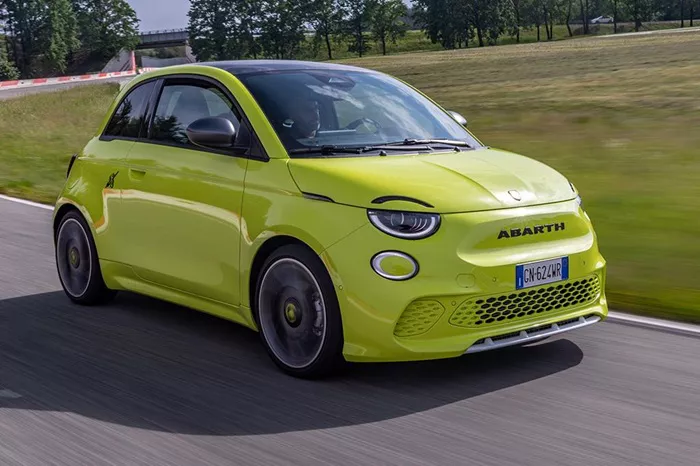Audi Australia has confirmed it will continue producing compact hatchbacks and sedans, including the newly updated A3, despite the growing demand for SUVs.
The automaker remains confident that the A3 will remain popular, even with a price increase of over $4,000. Audi argues that the new model offers more features and better value than its predecessor in both hatchback and sedan versions.
“A3 is an important car for us because we sell a lot of them—around 2,500 units last year. It’s a major segment in Australia,” said Jeff Mannering, Audi Australia’s managing director, in an interview with Drive. He emphasized that the A3 was designed with value in mind, given the increasing pressure on car prices. “A few years ago, you could buy an A3 for around $35,000. Now, prices have increased significantly,” Mannering added.
The 2025 Audi A3 range now starts at $54,800 before on-road costs, which is an increase of $4,200 to $4,700 compared to the previous model. This marks a $20,000 jump from the A3’s earlier price. However, Audi points out that the A3 still undercuts competitors such as the BMW 1 Series ($57,600) and the Mercedes-Benz A-Class ($57,500).
Mannering defended the price hike by highlighting that the new A3 comes with more standard features. Popular options that were previously extra are now included across the range. “We’ve added about $10,000 worth of value,” he explained. “The previous model faced criticism for lacking standard features offered by competitors. Now, the S Line package is standard, and the black pack is part of the optional Style package, which 80% of buyers of the previous model opted for.”
He added that as cars approach the end of their lifecycle, the cost of tooling becomes more favorable for adding new equipment, which helped improve the A3’s offering.
The refreshed A3, along with BMW’s new 120 model in the 1 Series lineup, signals a renewed focus on the luxury small-car market, even as the Mercedes-Benz A-Class nears the end of its production run.
Mannering noted that inflationary pressures in the automotive industry have caused some customers to scale back their choices. “Some people are now looking to move from mass-market cars to premium options, but an SUV may be out of their budget,” he said. “In these cases, compact sedans like the A3 remain a popular choice.”
He pointed out that compact sedans, including those from Audi’s sister brand Volkswagen, have strong demand. “An SUV can add another $10,000 to the price, but if you want a premium vehicle without going into SUV territory, a compact sedan is a great option.”
Notably, the updated A3 range no longer includes the 40 TFSI quattro variant, which was previously available. Audi considered offering this variant in Australia, but the price ended up being too close to the S3 model, leaving room for another variant, such as a plug-in hybrid electric vehicle (PHEV). Audi Australia is keen to expand its PHEV lineup.
“The conversation around electric vehicles will continue to evolve,” Mannering said. “Electric cars are coming, whether in two years, four years, or ten years. PHEVs are becoming more practical, especially in Australia. With the New Vehicle Efficiency Standard (NVES), many see PHEVs as a more practical option. They allow long-distance travel while still offering the benefits of electric-only driving for shorter trips.”
In conclusion, Audi’s commitment to the A3 lineup and its strategic direction in the electric vehicle market underscores the brand’s intention to cater to a variety of customer preferences, despite the ongoing trend towards SUVs.

